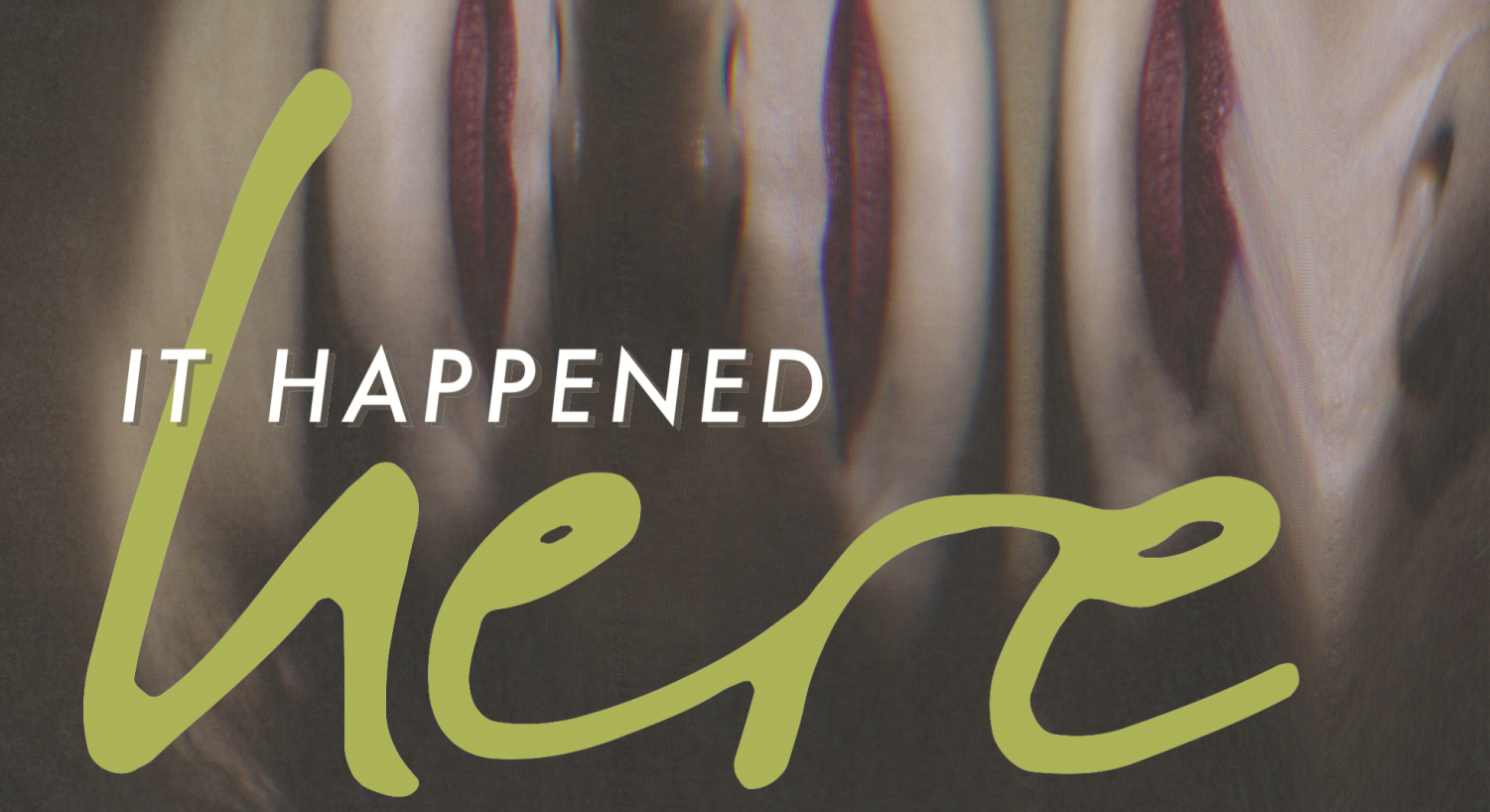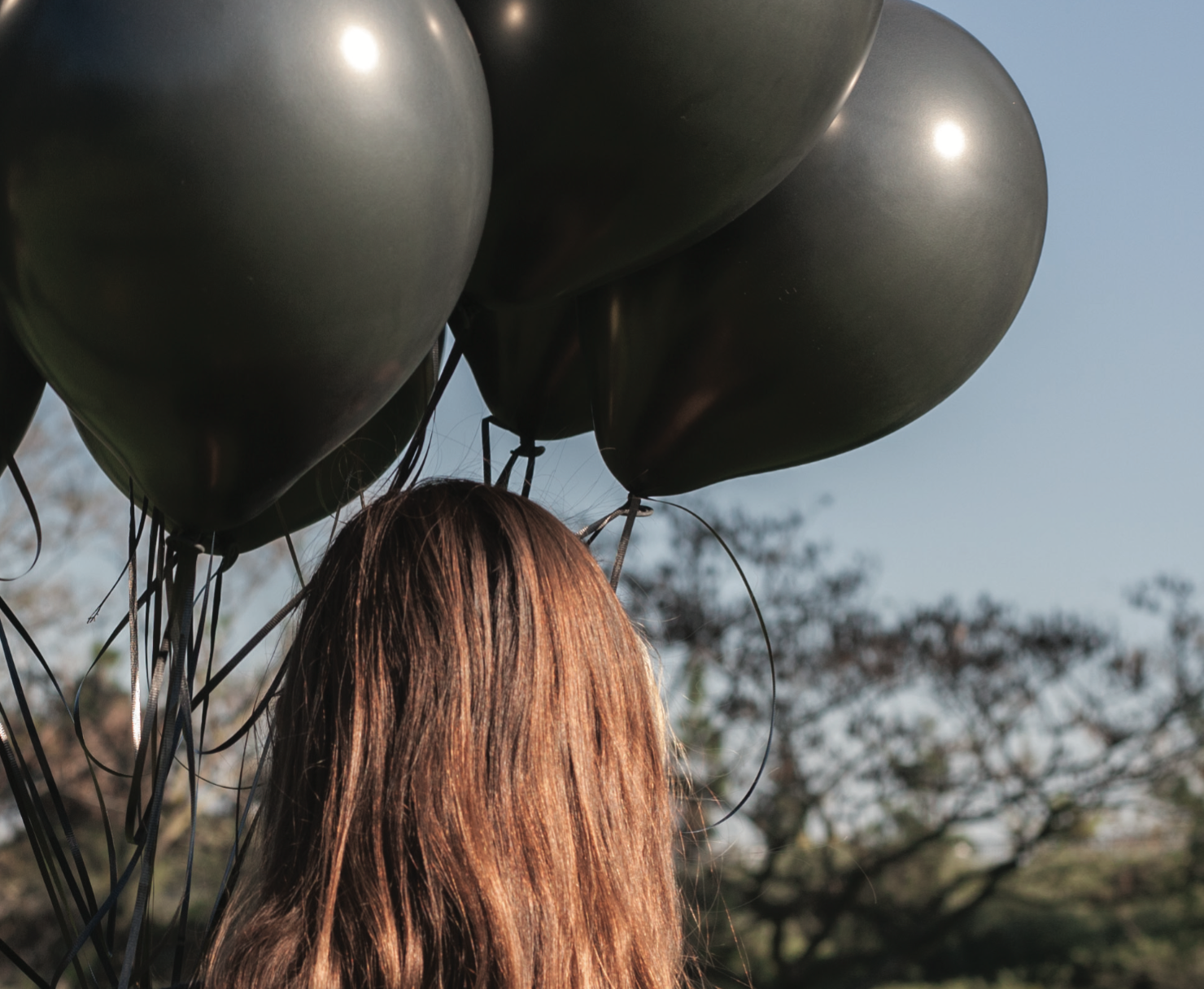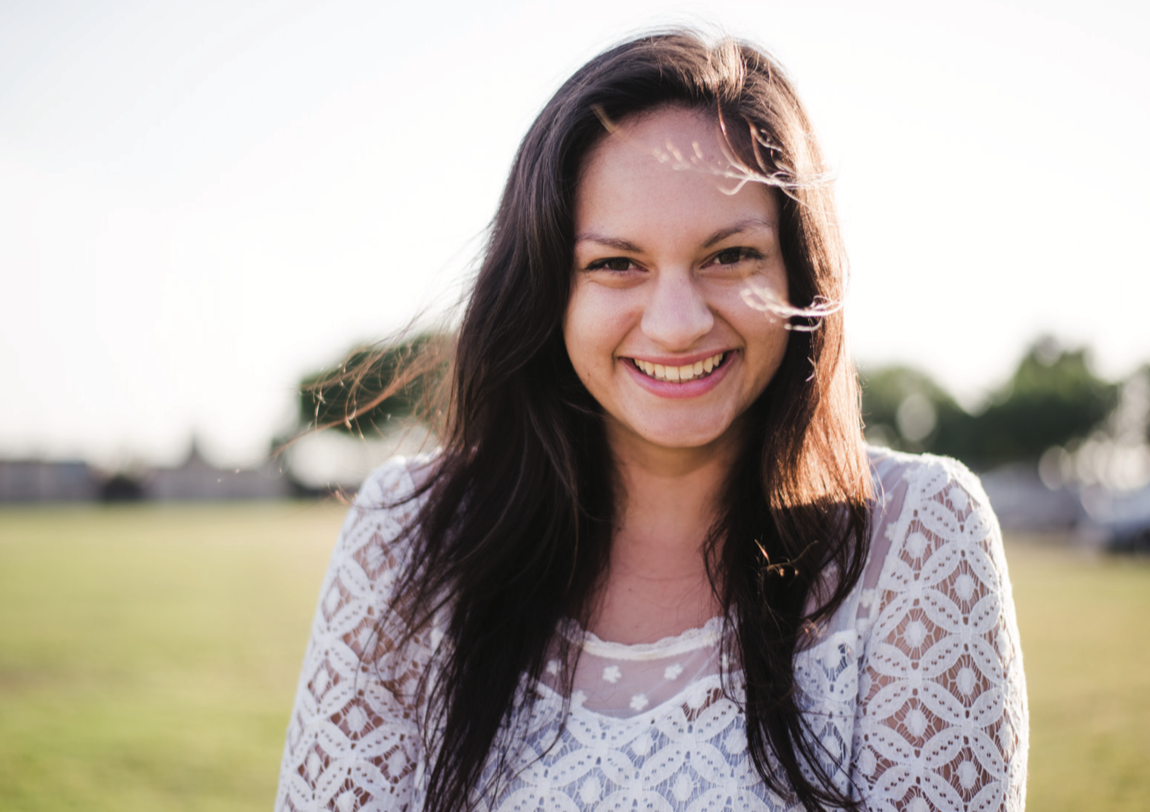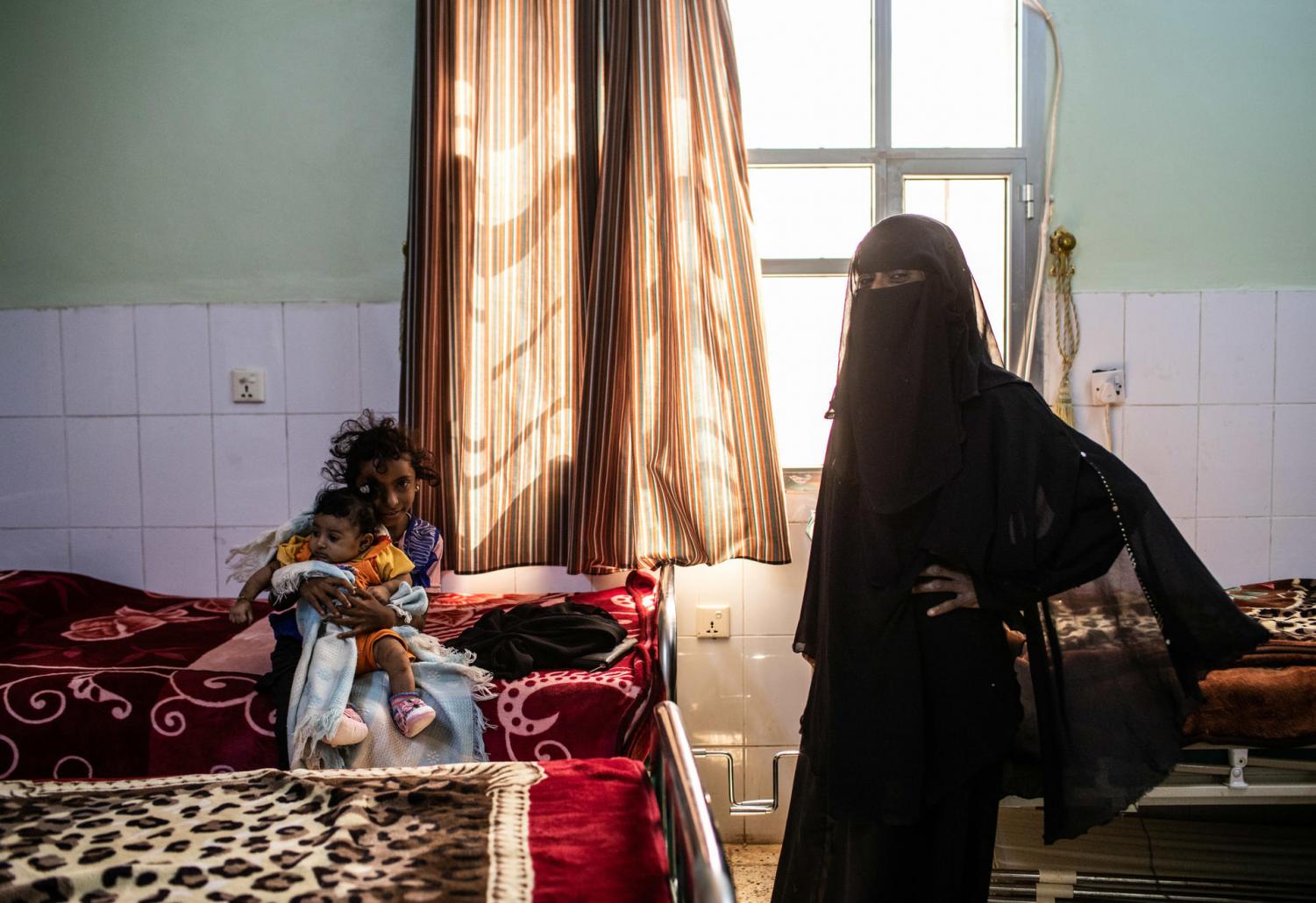Written by Torie Hamilton
Biola is largely considered to be a safe school overall, with a foundational assumption that things like sexual assault are simply not an is- sue. However, despite what many students understand to be true, sexual assault remains a reality on and near Biola’s campus. A sexual assault occurred this March, when a student agreed to meet up at La Mirada Creek Park with someone she met on Yik Yak. Then, just in mid-April, a student was assaulted on a residential street near campus. For 2014, out of the over 6,000 students, two sexual assaults have been recorded, one occurring in November and the other in December, both on campus. Another incident, relating to the dating app Tinder, occurred outside of La Mirada about a year ago. For the 2012-2013 school year, not one sexual assault was reported in Biola’s Annual Security Report. If anything occurred, it was not reported to Campus Safety.
Kate*, a freshman Biola student, was running down La Mirada a night when a man stopped to ask for directions.
“I didn’t really think anything of it at the time. He pulled me around this corner of this wall that was there and pushed me against the wall. He was grinding up against me. I was trying to do something about it but I froze and I didn’t know what I was supposed to do. He forced me onto my knees. He put it in my mouth. Now I know what I was supposed to do in that situation but at the time it felt like there was nothing. He finished and then he ran away. After that, I sat on the ground for a really long time and cried.”
“I’m just scared all the time. It feels like I’m becoming insane. I’m checking over my shoulder every minute. At night, I feel like someone’s going to come in my room. I don’t really want to talk to anybody about it even though it feels like I’m living in a prison. It feels like everything is wrong right now. I can’t sleep without having nightmares. I can’t fall asleep at night. I can’t focus in class or finish my homework. It feels like I’m making a bigger deal about it than it is. I feel like something so small shouldn’t be affecting me this much and it makes me feel weak. It’s affecting everything that I’m doing. I just can’t stop thinking about it.”
Jenn*, a junior Biola student, was hanging out with friends at a nearby Biola house one night. There was a recent Biola graduate who was also there visiting some friends for the week. Late that night, she fell asleep while watching a movie in a room with this man and another friend. She awoke with a start when she felt him next to her.
“The next thing I know, I feel someone’s body next to mine. Yes I’ve learned all of the moves. I’ve learned how to scream ‘No.’ I’ve learned how to build that inner voice but in the moment, I froze and I didn’t know what to do, what to say, how to get out of this. Throughout that whole assault, he touched me inappropriately and I still just laid there like a rock. The next day, my phone went off, the alarm acting as if I’m supposed to get up and go to class. It was almost like angels singing, the voice of my alarm. I’m free, this is my way to escape.
It’s interesting how I just went back into my normal routine. I had work on that day. I had classes on that day and I was acting so fake to myself and not realizing that this has just happened and I need to deal with it. It wasn’t until I ran into a friend, just in crossing, and for some reason, I blurted it out to her what just happened. Twenty four hours. That seems shorts but it also felt like an eternity. It felt like I was looking at everyone and they were staring at me.”
It is nearly impossible to present an accurate number of students who have experienced sexual assault by the time they graduate. How- ever, a number may not be the priority in this situation. Whether it is 1 out of 5 or 1 out of 5,000, students are being sexually assaulted and that is enough to turn one’s attention to.
The U.S. Department of Justice (DOJ) released a report on sexual assault in Dec. 2014 that claims 80% of sexual assault victims never report their incident to the police. However, more recently universities are seeing a dramatic increase in sexual assault cases report- ed. Occidental College in Los Angeles, with 2,100 students, recorded 64 reports of sexual violence in 2013 compared to the 11 reported sexual assaults for 2012 and 12 for 2011. Of the 64 reports in 2013, the majority occurred prior to that year. While this increase is by no means something to be celebrated, it does illustrate that some campuses are attempting to create an open and safe environment for students to come forward and open up.
“We’re not going to sweep stuff under the carpet because if you do so, you’re compounding the problem,” says John Ojeisekhoba, Chief of Biola’s Campus Safety department. “If something big happens, not just from a liability standpoint, that means that the victim that needs the cure and follow-up will not get it.”
And yet, ask around and you can learn that a large number of Biola students are not reporting their sexual assault and seeking recovery. Alcohol and other substances prohibited by the contract may take a leading role in victims’ hesitancy to come forward. However, in the case of sexual assault, no victim will be punished for their consumption of any substance or for their partaking in sexual activity, consensual or not.
“This is about what happened and that’s what we want to talk about and help navigate — not that you are going to get in trouble for the action,” says Sandy Hough, assistant dean of residence life and student care.
Shame appears to be a common thread in Christian culture generally. It is further magnified when sexuality enters the discussion — and sexual assault is no exception. Kate* resonates with the difficulty of opening up due to Biola’s “good Christian” exterior and the shame accompanying such an environment.
“There have been other things in my life and in my past that I haven’t wanted to tell because it feels like everybody is just really good. It seems like they’ve really had great lives and they’ve never done anything that’s that bad and it just feels a little bit isolating,” says Kate.
Jenn* felt a similar sense of isolation in the aftermath of being assaulted. “Biola gives off that everyone is doing right things with the Lord, everyone is in such a great place and no one is broken,” she says. “And I felt that I was the only one and I was walking around with a sign on my face. I was this tainted cloth and I had nothing else to offer this community or my husband in the future. I was just some oddball out. I’m now a number to this sexual assault statistic.”
To make it even worse, victim-blaming unfortunately comes up far too often. “People told me not to run at night,” says Kate. “I know this is a dumb thing to say, but I was wearing Spandex. It just feels like that’s not supposed to happen and in some way I did something wrong.”
Regardless of the reason for their hesitancy, Chief Ojeisekhoba urges those who have had experience with sexual assault in any form to share their story with Campus Safety. “If I know someone who has gone through this situation and is silent, I’m not going to force their hand, but if we appeal to them, if they are willing to talk to us, it could prevent another girl from going through a similar situation,” says Ojeisekhoba.
Following the traumatic event, Jenn had the option to keep silent or to take action. Within 72 hours, with the the assaulter’s visit coming to a close, she chose action. e day following the assault, she ended up reporting the incident to the police and then to Campus Safety.
“Chief O. gave me the biggest hug and I felt so safe in that moment because it felt like a fatherly embrace, knowing that I’ve done my deed, he’s going to take care of it all,” says Jenn.
After a Biola restraining order was placed on the perpetrator, prohibiting him from stepping foot on campus until Jenn graduates, she finally had the space to process and heal from the trauma.
“I think I’m still the same person,” she says. “The part that I was most worried about was that I would lose my joy in life, that I would lose what makes life worth living.” It still takes Jenn great strides to open up about her experience. “There’s days where I don’t want anyone to know because if they know, they’re going to treat me differently. That’s never going away,” she says. “The thought that it’s your identity is Satan’s way of having a grip on you. He doesn’t want you to tell your story be- cause by telling it, it becomes real. It becomes something that we should actually pay attention to and change.”
While Jenn experienced a vast amount of pain following the assault, she is thankful for how God is using her as an advocate for women who have yet to find their voice. Ultimately, Jenn has found redemption in her pain through a deeper dependence on Jesus Christ.
“It is so important to who we are as women and who we are as people that you are a voice and you can be heard. You need to somehow bring light to the situation because it’s not dark forever. is is an event in your life, it is not your identity. Jesus is more beautiful than my pain is ugly. Jesus came to heal us broken people and he’s coming to heal me now,” says Jenn.
Biola offers a number of on- and off-campus resources for victims of sexual abuse: the Biola Counseling Center, the Biola Health Center, Student Development, Whittier Presbyterian Hospital, RAINN (Rape, Abuse & Incest National Network), and Legal Aid Society.
Jenn, after utilizing a few of these resources herself, sees a vast hole in the recovery process that needs to be filled with a Women’s Resource Center on campus — a safe place for women dealing with trauma to talk through and heal from their pain. Other Christian colleges, including Azusa Pacific University, have opened such centers that act as open-ended resources for women. Before working at Biola, Sandy Hough was responsible for establishing the Azusa center after two students came forward with the idea.
“The way I see it, God made beauty come from the ashes of my story and that’s my testimony,” says Renee Mariant, a freshman psychology major.
Her story goes back to when Renee was four years old and her older brother, and then her father, both became sexually abusive. Her older sister reported her father when Renee turned 14. Renee’s father was released from jail two weeks later on bail and it was at this point that she realized the extent of the abuse she was receiving. She decided to leave her home and move in with her older sister. Sadly, in the midst of her father’s trial years later, she entered into a romantic relationship that quickly turned sexually abusive.
A year after the end of that relationship, Renee is able to look back and see God’s continual presence and faithfulness. She has now begun a group at Biola called More Than Conquerors for girls who share a story similar to hers.
“This group is reaching women who have survived sexual abuse, physical abuse, emotional abuse and self-inflicted abuse. e way I see it, the devil is not creative in the way he attacks people. And for women, specifically with all of these types of abuse, it targets our identity, our worth, and our value,” says Renee. “So I want this group to be a group that reestablishes our identity in Christ. Reclaims that. And through that, we can begin that healing process.”
Renee calls for a refusal to turn a blind eye to sexual abuse. She sees great potential in a partnership between men and women to bring restoration to a broken world and she calls for compassionate conversation, the ability to listen and vulnerability as necessities of the healing process.
“I’m not defined by that experience I had with this guy. I’m not defined by what my brother did or my father’s abuse. I am defined by how Christ made me to be and how he’s going to work through all of that broken situation to bring restoration and beauty,” says Renee. “And if I can be an advocate for women because of what I’ve been through, then so be it.”
There are people on this campus, in your classes, on your floor and in your life who may be feeling crushed by the weight of sexual assault. Be present with them. Listen. Love them unconditionally. And if you have had any experience of sexual assault, know that you are not alone. ere are many others on campus who know exactly what you’re going through.
Ultimately, know that you are loved, not just by the people around you, but by the Creator who will bring beauty from the ashes of your story.




